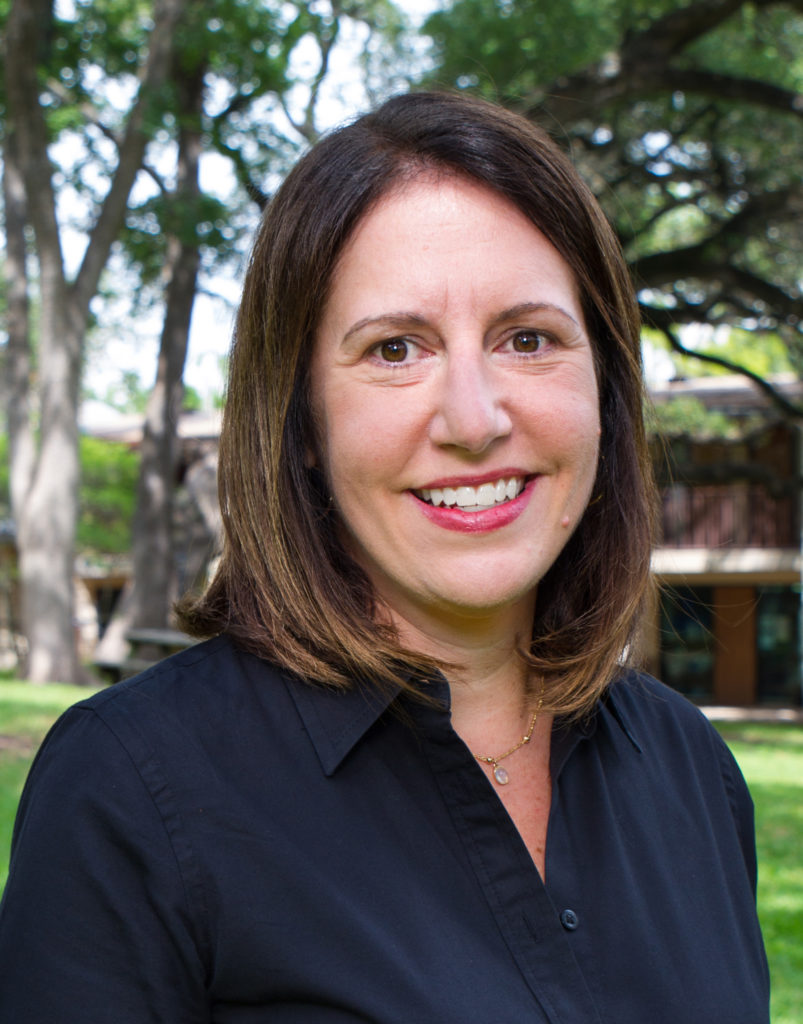
At the end of the movie Sixth Sense, we learn [spoiler alert!] that Bruce Willis’s character, a psychologist who works with a boy who sees ghosts, is himself a ghost. If you’ve seen the movie, you may remember feeling disoriented at this revelation. Everything you thought you knew, you had to flip over, retrace, rethink.
I had a Sixth Sense experience earlier this spring, when I had to say goodbye to the little Galveston beach house my parents occupied before my mom died there in 2004.
As I moved through its rooms, sorting through the treasures and detritus of time – my mom’s collection of beach glass, old receipts for house repairs that now needed doing again – I began to feel that I had already vacated the premises. I began to feel like a ghost. My body was present in the space, but my mind knew that it was no longer really mine – that it now belonged to others (a young couple from Houston with three little girls, to be exact). My presence felt like a symbol of my own soon-to-be absence. It was disorienting.
I imagine that the 41 Southwest graduates of 2019 have felt similar disorientation in recent days as they’ve moved through the spaces of campus – Christ Chapel, room 210A, library carrels, lunch lines, the Motte – sorting through the treasures and detritus of time, noticing a creeping sense of their own no-longer-there-ness.
Another name for this experience is nostalgia, a feeling of simultaneous connection and disconnection, of holding and hankering. (The word literally means “a painful turning toward home.”) Augustine of Hippo expressed this idea theologically when he cried out in anguish, “You have made us for yourself, O Lord, and our hearts are restless until they rest in you!”
According to this theology, we, as created beings, long to return to the home that is our creator. It is our nature to do so. One could even say that we are nostalgia, that nostalgia constitutes our identity. The doctrine of original sin, in fact, says just that. With the fall, the theory goes, humans’ very presence to themselves becomes a painful symbol of their absence from God.
It’s understandable that we would attribute an experience of longing to the slipping away of the beloved, to the absence of the real. But there’s another way to understand the feeling – a flipside understanding, a sixth-sense shift in perspective – and our own behavior clues us into it.
When that ghost-like sense of dislocation creeps up on us, what do we tend to do? We tend to get together. We tend to bring a collection of beloved bodies into the supercharged space.
At the beach house, I invited two of my nearest and dearest to join me. Here at Southwest, we throw parties and we enact rituals – lots of them. We hold a talent show, an arts celebration, a final assembly, a senior reception, a Last Gathering, a Commencement Eucharist, and, finally, Commencement itself.
There are obvious reasons we bring together our awkward, frazzled, and, in Texas, sweaty bodies during times of transition. We do so to say goodbye, to relish our connectedness, to love each other out loud. We do so because, in the words of Baby Suggs, “in this here place, we flesh; flesh that weeps, laughs; flesh that dances on bare feet in grass. Love it. Love it hard.”
But I suspect that in coming together, we’re also seeking a reminder of the excessive implications of our fleshy love: a reminder that once we’ve been present with others in a place – truly present, with edges both smooth and sharp, receipts both paid and due – absence is impossible. I suspect that in our disorientation, we’re seeking a reorientation toward this deeply felt truth.
Jean Vanier, founder of the L’Arche communities, was known to speak of L’Arche not as a solution, but as a sign – a sign of hope, but also a sign of who we already are: people in relationship with love (even when we forget); people who dwell in love (mostly without realizing it); people whose true identity is love (which is more than we can ordinarily recognize). The philosopher Richard Kearney expresses a similar idea when he invites us to “behold the other as an icon of the passing of the infinite.”
Bringing our bodies together, holding them in ritual, helps remember who we are. It helps us flip the feeling that we are signs of our own absence into the knowledge that we are signs of the ultimate presence. It helps us know that we can never be not-present in the beloved space (of campus, of a home, of God) again – and that in some mysterious way, we never were. “The spiritual life … has nothing to do with getting closer to God,” writes wisdom teacher Gerald May. “It is a journey of consciousness. Union with God is neither acquired nor received; it is realized.”
As I contemplate these things, the shards of glass Mom collected during her years on the beach become transformed. The old house-repair receipts do, too. They no longer point to an absence, a brokenness, a condition that needs repair. Instead, they body forth the real presence, the love in which the here-and-now is saturated, the totality in which we are always swimming – in which those three little girls are swimming, too, right this minute – even when we get flipped around and forget.
What felt absence in your life is asking to be remembered as presence?
Which “two or three” others might help you remember?
Where do you feel the strongest sense of presence – your own or God’s?
1 Toni Morrison, Beloved (New York: Penguin Books, 1988), 87. Special thanks to Lucy Strandlund for sharing these words in class this spring.
2 Richard Kearney, The God Who May Be (Bloomington: Indiana University Press, 2001), 17.
3 The Dark Night of the Soul (New York: HarperCollins, 2004), 46–47.

Dr. Claire Miller Colombo, as director of the seminary’s writing center, facilitates the delivery of writing support services for all students and develops writing- and arts-related programming for the entire community. She oversees the publication of Soul by Southwest, the seminary’s literary and arts journal, and hosts Soul in the City, an event series featuring musicians and other artists from the wider Austin community. Dr. Colombo has served on the seminary’s faculty since 2012, teaching in the areas of writing, theology, and aesthetics, and she is co-author with Cynthia Briggs Kittredge of Colossians in the Wisdom Commentary series (Liturgical Press, 2017). Dr. Colombo develops religion curricula for Loyola Press of Chicago and writes literature, language arts, and humanities curricula for several other major publishers. She serves on the editorial team of Theopoetics: A Journal of Theological Imagination, Literature, Embodiment, and Aesthetics.
BA, Marquette University
MA, PhD, The University of Texas at Austin
DTS, Seminary of the Southwest

